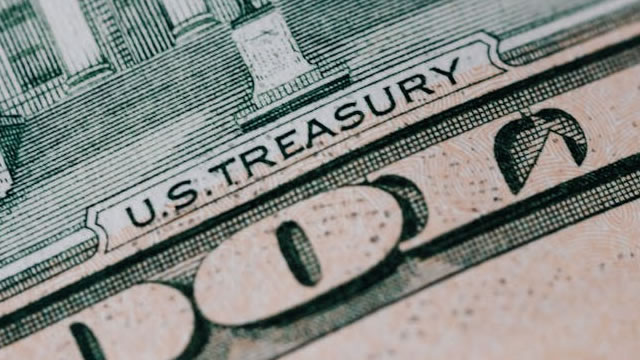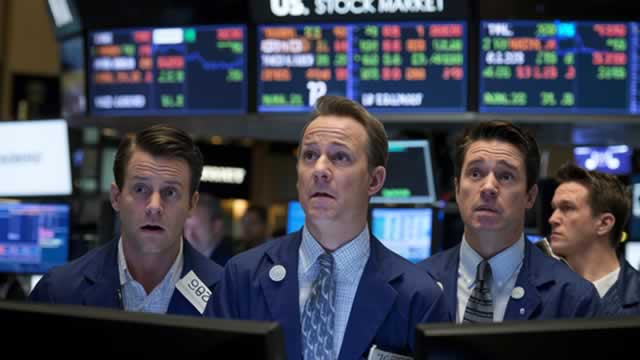January Inflation Surprise: What Does it Mean for You and the World?
The new year began with a surprising inflation report from the United States. According to the Bureau of Labor Statistics, the Consumer Price Index (CPI) rose by 0.5% in January, exceeding the expected 0.3% increase. This marked the largest single-month increase since August 2008.
Impact on the US Economy
The Federal Reserve (Fed) has been closely monitoring inflation levels as they aim to maintain price stability. The unexpected surge in inflation has left the central bank in a wait-and-see mode. While the Fed had previously signaled a more patient approach to interest rate hikes, the recent inflation data could force a reevaluation of their stance.
The primary drivers of this inflationary pressure are rising energy and food prices. The cost of gasoline increased by 3.5% in January, while food prices rose by 0.4%. Tariffs on imported goods, implemented as part of the ongoing trade disputes, have also contributed to the rise in prices.
Effects on Consumers
For consumers, the higher inflation rate could lead to increased costs for everyday essentials like groceries and gasoline. The rising prices could also impact purchasing power, as wages have not kept pace with inflation. However, it is essential to note that the overall inflation rate remains relatively low, and the impact on consumers may not be significant.
Global Implications
The unexpected inflation surge in the US could have far-reaching implications for the global economy. The Federal Reserve’s response to inflation could impact the value of the US dollar, as well as global financial markets. A stronger dollar could lead to decreased demand for US exports and increased demand for imports, potentially causing a trade deficit.
Furthermore, the inflationary pressure could spread to other countries as well. Higher energy and commodity prices could push up inflation in other parts of the world, potentially leading to central banks raising interest rates to curb inflation. This could negatively impact economic growth in those countries.
Conclusion
The unexpectedly high inflation rate in January has left the Federal Reserve in a delicate position. While the central bank had previously signaled a more patient approach to interest rate hikes, the recent inflation data could force a reevaluation of their stance. The primary drivers of this inflationary pressure are rising energy and food prices, as well as tariffs on imported goods. The impact on consumers may not be significant, but the implications for the global economy could be far-reaching.
The value of the US dollar, global financial markets, and economic growth in other countries could all be affected by the Fed’s response to inflation. As the situation unfolds, it is essential to stay informed and prepare for any potential economic changes. Keep an eye on inflation reports, interest rate announcements, and global economic news to stay ahead of the curve.
- Bureau of Labor Statistics: Consumer Price Index – January 2023
- Federal Reserve: FOMC Statement – January 2023
- World Bank: Global Economic Prospects – January 2023





